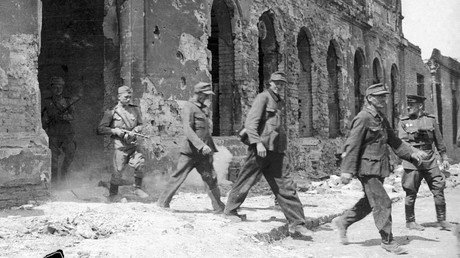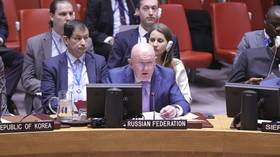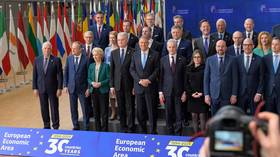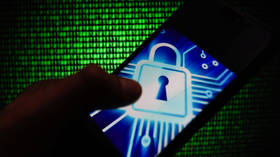Court ‘erases’ Russian inmate’s neo-Nazi tattoos
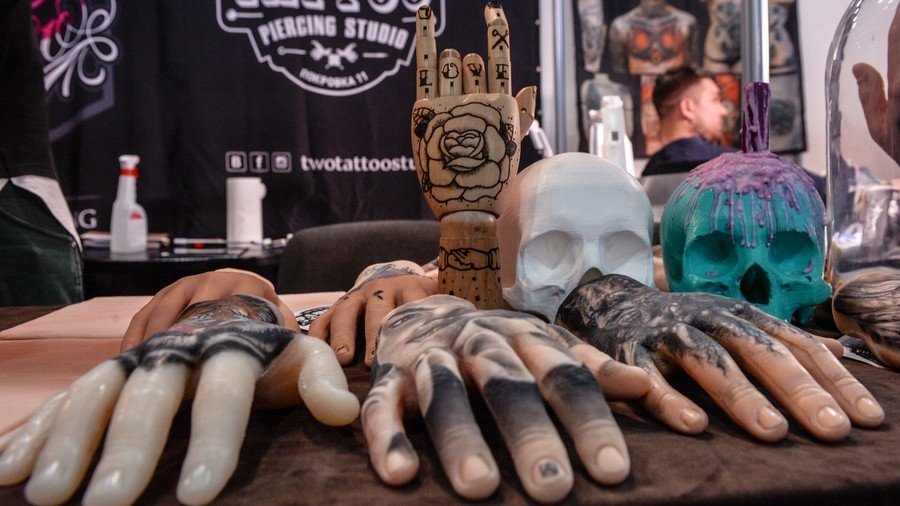
A court in the Central Russian region of Chuvashia has ordered a man who is currently serving a prison sentence remove two swastika tattoos from his chest under a law banning any public demonstration of symbols used by the Nazis.
“The tattoos on the convict’s body bear such close resemblance to symbols used as state emblems in Nazi Germany that they could be easily confused for them. The court rules that the man is guilty of a civil offense and orders him to pay a fine of 1,000 rubles [about $17]. The court also orders punishment in the form of confiscation of the object of the civil offense in the form of removal of the tattoos by the convict himself,” reads the verdict of the Cheboksary District Court, as quoted by RIA Novosti.
The court statement also specified that the ruling was issued on the basis of the law ‘On Immortalizing the Victory of the Soviet people in the Great Patriotic War of 1941-45’. It gave the legal definition of Nazi symbols and attributes as flags, insignia, uniforms and other distinctive signs used by organizations recognized as criminal by the 1945 Nuremberg Tribunal. This includes greeting phrases and salutes, as well as the reproduction of these elements in any form.
Russian courts have previously repeatedly issued verdicts ordering fines and sometimes short-term civil arrest for public demonstration of illegal tattoos. However the latest ruling appears to be the first in which the judge told the convict to remove the banned images from his body.
Over the past few years courts have repeatedly fined journalists, bloggers and ordinary citizens for posting photos on the internet with Nazi symbols from the time of the Second World War. The cases sparked controversy in the mass media and among the general public as many such posts had nothing to do with promotion of extremist ideas, such as the photo of Soviet soldiers carrying lowered banners of defeated Nazi divisions on Red Square in 1945.
On Tuesday, the chairman of the Russian Supreme Court, Vyacheslav Lebedev, told reporters that he and his colleagues were discussing the possibility of softening the criminal law punishing the distribution of extremist materials, including internet reposts of banned images.
Last week Senator Anton Belyakov of the leftist opposition Fair Russia party drafted a bill to decriminalize the use and public display of Nazi symbols for the purpose of research, education or art; as opposed to the promotion of extremist ideas.
